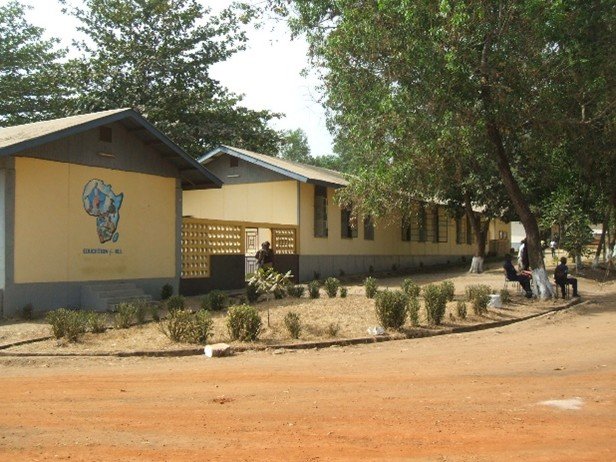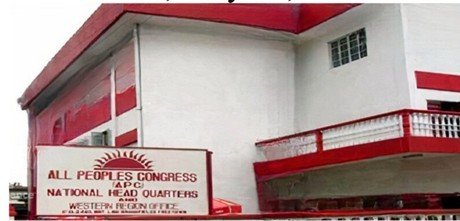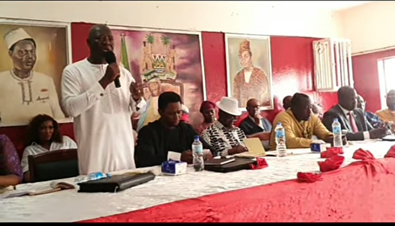The University of Makeni (UniMak) has revoked the academic degrees of two former students after investigations found they submitted falsified transcripts in a foreign scholarship competition.

The University Senate, at its July 6, 2025 meeting, unanimously withdrew the degrees of Ms. Fatmata R. Sesay (Human Resource, awarded March 2022) and Mr. Abdul Karim S. Kanu (Law, awarded March 2021) following a report from the Chinese Embassy in Sierra Leone.
The embassy alleged the two used fraudulent documents to gain an unfair advantage in a scholarship program for Sierra Leonean students. A Senate Investigation Committee confirmed the falsification, and both individuals admitted to the misconduct.
While the decision underscores UniMak’s commitment to academic integrity, experts note that the revocation raises important questions about the principles governing degree withdrawals worldwide.
Generally, universities only revoke degrees if misconduct or fraud occurred during the course of study or at the time the degree was awarded, such as cheating on exams, plagiarism in theses, or falsifying academic results.
Prestigious institutions like Harvard, Yale, Edinburgh, and Stanford have rescinded degrees under such circumstances, where the legitimacy of the academic work itself was compromised.
However, misconduct occurring after graduation, such as submitting forged documents to gain scholarships or admission elsewhere, does not typically affect the validity of the degree already earned. In such cases, the degree is considered a vested right of the graduate, legally and academically distinct from later fraudulent acts.
“This situation is complicated. If the forgery was not tied to how the original degree was obtained, the university may lack legal grounds to revoke it. Instead, it could clarify the facts to foreign institutions and pursue legal or disciplinary action against the individuals, without affecting the academic qualification itself,” said an education analyst.
In fact, there is no known precedent of a university revoking a legitimately earned degree solely because the graduate later submitted forged documents elsewhere. Even serious criminal acts committed after graduation generally do not lead to degree revocation.
The responsibility to reject fraudulent applications and withdraw scholarships primarily lies with the foreign universities and embassies involved. UniMak’s move, while demonstrating a zero-tolerance stance against fraud, prompts debate on whether it fully aligns with established academic and legal practices.
Rev. Fr. Dr. George P. Ernest Gbamanja, UniMak’s Director of Academic Affairs, stressed that the university must protect the credibility of its qualifications. Registrar Foday Augustine Bangura confirmed the decision is final and has been communicated to all relevant authorities.
UniMak reaffirmed its commitment to uphold the highest standards of honesty and accountability in its academic awards, while the broader academic community continues to discuss best practices for handling misconduct discovered post-graduation.
Mohamed Kamara




